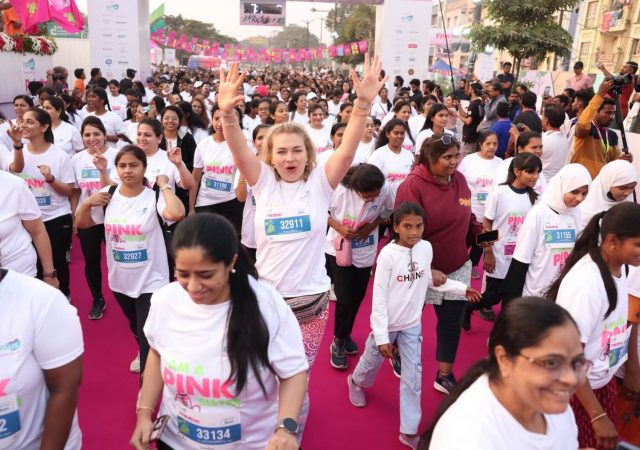These are unfortunate, trying times as the COVID pandemic seems to have returned, with a vengeance, and severe fatality rates. Even as governments are struggling to come up with methods to restrict the spread, with partial lockdowns and WFH mandates, the accelerated rise in cases and arising medical complications, are putting a strain on the already burdened healthcare system. India has been witnessing a record daily surge in cases which have now reached nearly 14.5 million, making India the second largest country with COVID positive cases, with the USA claiming the number one position, with over 32 M cases. And while all measures are being contemplated and planned, it is the healthcare system and the frontline workers – doctors, nurses, ward boys, support staff, as well as the diagnostic sector, are facing a huge challenge of dealing with the rising patient load.
From double shifts, missed meals, little to no sleep to staying away from their families for weeks, the mental and physical stress that the frontline workers are going through, is unimaginable! And while their service is extremely valued and appreciated, we cannot neglect the fact that the mental, emotional, and physical wellbeing of these frontline warriors is extremely important. Sameer Bhide, author and survivor of a rare haemorrhagic stroke that required him to be in a medically induced coma for a month, and had to undergo years of therapy, has closely worked and observed the lives of these medical workers. Leveraging from his own journey of recovery, described in his memoir, ‘One Fine Day’, Sameer shares 5 self-care tips that can help the medical frontline warriors, to effectively combat stress. These include:
1.10 minutes team gathering: While these are tough times, team support can mean a lot. Despite a busy day, a 10 min of informal team gathering that can allow a space to share, express or vent out, while building comradeship among the staff, can help start the day on a positive and supportive note. These can happen in smaller groups or as one large group, at the start or the end of the day, such that it can help take off the pressure on an individual, while promoting the team spirit and bonding.
2.Partner for meals: Food is an important aspect of wellbeing and while a stressful work day can throw off routine, it is not advisable to miss it entirely. In a high adrenaline and emotionally charged situations, normally ones appetite can also be lost, resulting in starvation or malnutrition, both further affecting the stress fighting ability of an individual. Partnering with a team member to have meals, can be an effective way to make meal times regular and relaxing. Partnering for meals also allows for some light hearted interaction or a space to express ones day events, thus helping to relieve some stress.
3.10 Minute stretches: Exercise is the most important and effective stress buster. In-spite of a busy day, that may already include a lot of physical activity or may be a desk job, 10 minute stretching exercises help relieve physical stress and accumulated tensions, enhancing breathing and allows for a relaxing break, before rushing back into the busy schedule. These 10 minute stretches can be either done at the beginning of the day, in between work shifts, after the work shifts or multiple times in a day, depending on stress levels
4.Music : Music has been known to be one of the common stress busters and can have therapeutic benefits, uplift mood and help drive positivity. The right kind of music can help alleviate any stressful situation, and can be accessible to all, throughout the day. From listening to music while handling a stressful task or during meal breaks, traveling or after work, music can be an important antidote to stress.
5.Yoga and Meditation: These have been used as therapy not only for stress but for overall physical, mental, and emotional wellbeing. Be in stretches, diet, or breathing exercises, yoga can help re-align mind-body and spirit, in a space of peace and wellbeing. Practicing Yoga on a daily or weekly bias, can work wonders for people undergoing the kind of stress that could otherwise leave long term impact and trauma. Meditation is another practice which helps in reducing stress, anxiety and helps one calm down and improve sense of well-being. The best part is that you can do yoga and meditation from the comfort of your home and it does not cost you anything.
Even as death and the rising might of the pandemic are becoming commonplace, it is important for healthcare frontline workers and everyone else working tirelessly in these times, to play proper attention to self-care and ensure their own well-being, while helping others.










